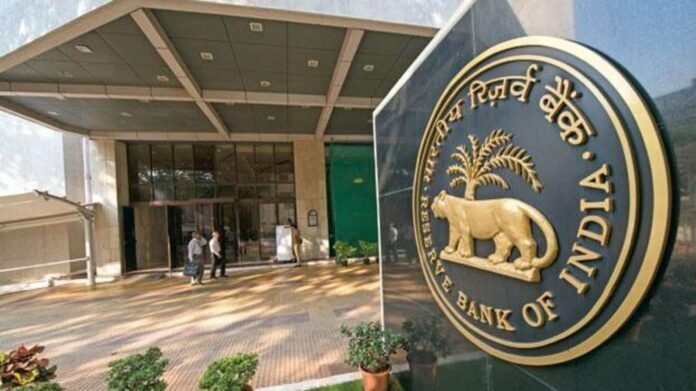“It’s time to fight back,” he said, adding that. many banks are afraid to “fight with their regulators because they would just come and punish you more.”
This is not the first time that Dimon has taken on regulation. In his annual letter to shareholders this year, he had called for a review of bank regulatory and supervision processes. Unlike Dimon, bankers in India seem to have much less to complain about. Or is it that they are just much less vocal?
There was a time, such as at the start of this century, when banking veterans like ICICI Bank’s then chief K.V. Kamath and HDFC’s chairman Deepak Parekh would air their views publicly on important banking issues, including what the Reserve bank of India (RBI) should be doing on interest rates.
This continued with HDFC Bank’s Aditya Puri, ICICI Bank’s Chanda Kochhar, Axis Bank’s Shikha Sharma and Kotak Mahindra Bank’s Uday Kotak.
In September 2012, State Bank of India chairman Pratip Chaudhuri took on then RBI Deputy Governor K.C. Chakrabarty in public over banks’ cash reserve requirement (CRR), or the percentage of deposits that must be kept in reserve with RBI.
In July 2023, Kotak in his farewell letter to shareholders before stepping down as CEO, made veiled negative references to over-regulation, or what could be interpreted as such.
Cut to now, it’s extremely rare for bankers to talk about pain points for the banking sector, although regulations became more stringent in the aftermath of the global financial crisis.
While India’s banking sector was not affected by that crisis, India had to align with global regulations over the years that pushed for higher capital requirements, better liquidity management and tighter incentive structures for bank chiefs.
On its part, RBI would not have wanted a repeat of the bad-loan crisis about a decade ago. A balance-sheet clean up initiated by the then RBI Governor Raghuram Rajan in the form of Asset Quality Review in 2015 had brought skeletons tumbling out of bank closets.
For Governor Shaktikanta Das, who took charge in December 2018, it was like walking into a mess that could partly be explained by oversight failures.
Those were turbulent times for the financial sector, given the collapse of IL&FS, with its ripple effects, and crises at Yes Bank, Dewan Housing Finance Ltd and Punjab & Maharashtra Cooperative Bank, followed by the failure of Lakshmi Vilas Bank.
In each of those cases, RBI was criticized for a failure to take tough and timely action—not just by the media, but also government officials and enforcement agencies. So, if RBI swung the other way in tightening up regulations, making supervision stringent and turning penalties severe, it was understandable.
Governor Das made it clear that he did not want to see accidents any more. In one of his speeches, he cited Walter Bagehot as having said: “Adventure is the life of commerce, but caution… is the life of banking.”
To discourage what it saw as excessive risk-taking among bankers, RBI, in its capacity as the sector’s regulator, clamped down on banker salaries, capped CEO tenure at 15 years and started giving one-year extensions to CEOs. All these decisions, banks have had to take on their chin.
While bankers agreed with the need for regulation, they privately complained about “regulatory over-reach” in the form of sudden business restrictions or salary reductions.
India does not have a culture of outspokenness like the US does, and Jamie Dimon’s words are unlikely to be echoed here, but it is undeniable that banker grievances exist. Typically, these opinions only get aired in public when it is felt feedback is not reaching RBI.
While the central bank makes enough space for bankers to offer their views on regulations, some bankers say they are waiting for RBI to heed their voices on matters related to the supervisory process. Senior supervisory managers could make a huge difference here, they feel.
That said, the aforementioned bankers acknowledge the need for greater self restraint, albeit they do not want this to be at the cost of innovation.
The banking industry is transitioning from regulations based on rules to those based on principles as well, where the regulator expects regulated entities to follow rules in spirit, not just in letter. Bankers therefore need to tread carefully and pay attention to regulatory aims.
Weak investor sentiment may be among the reasons for bank stocks underperforming stock market indices in recent times. Whether or not perceptions of bank over-regulation have had a role in this, investors need to remember the bright side of RBI’s regulatory actions. As intended, they may have pre-empted a financial crisis or two.
Today, with regulators around the world in catch-up mode as technology advances to impact banking, it would be a good idea for RBI to lend bankers a closer ear.
#Indian #bankers #arent #frank #bank #regulation
